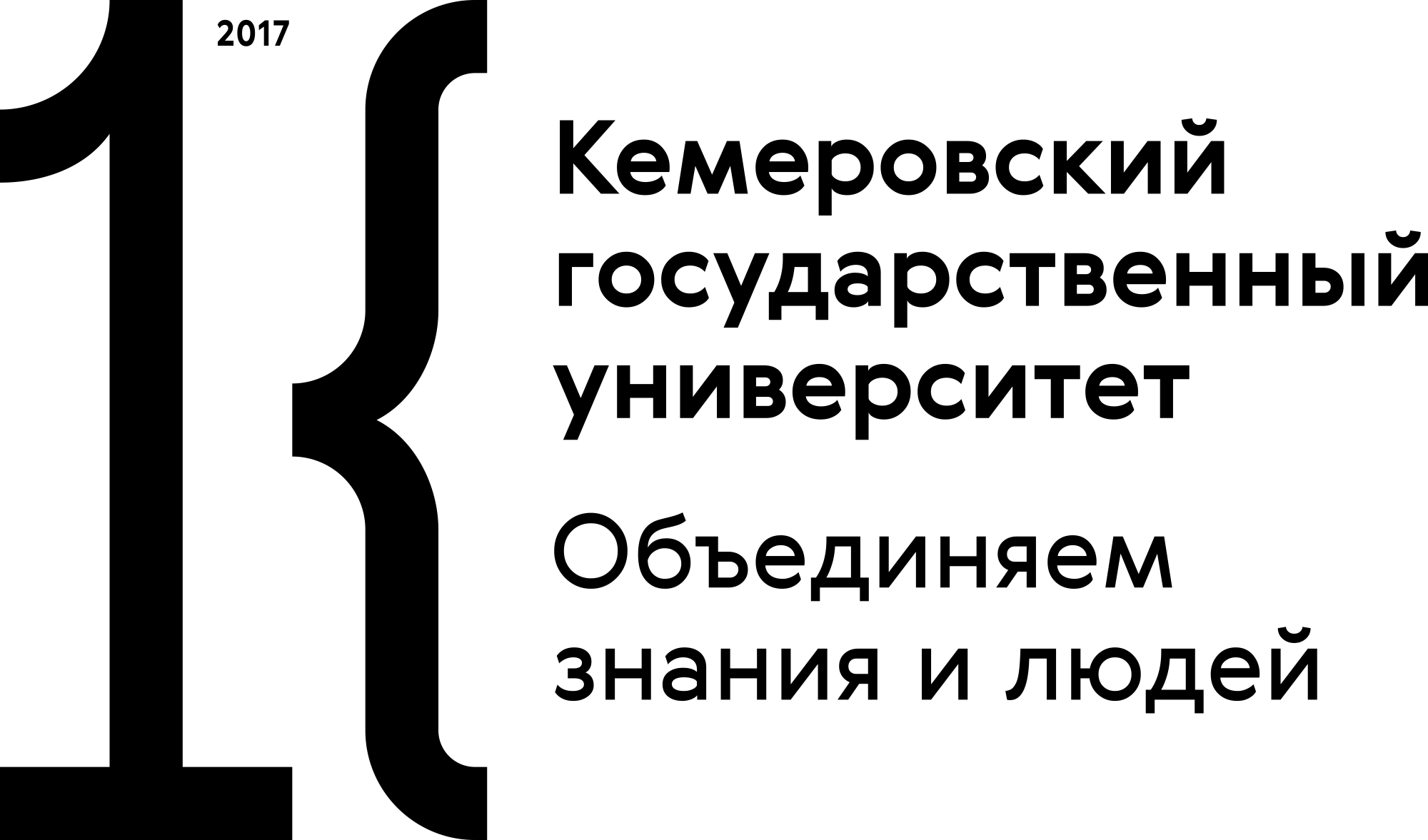Considering the controversy between E. Betti and H.-G. Gadamer, we do not seek to criticize or defend the views of one of the parties, but to draw attention to the phenomenon of the emergence of the controversy. The issue of the applicativity of understanding was considered by other scientists, but we see the clash of methodological and ontological hermeneutics as the problem of understanding situated on the border of science and life, man and world, subjectivity and objectivity. The sheer existence of the controversy evokes hermeneutic attitude to the phenomenon of historicity. Since hermeneutics is limited neither to methodological issues of interpretation of works of the past culture nor to the development of the methodology of humanitarian knowledge but relates to the fundamental structures of human existence, we should note that every "correct understanding" means following the rules and some rules of understanding do exist, but this is about the process of understanding and thinking, and not its results as "correct" or "incorrect". The experience of understanding as a practical (not pragmatic) hermeneutics is the main intention of this article.
applicativity of understanding, H.-G. Gadamer, E. Betti, M. Heidegger, hermeneutics


















